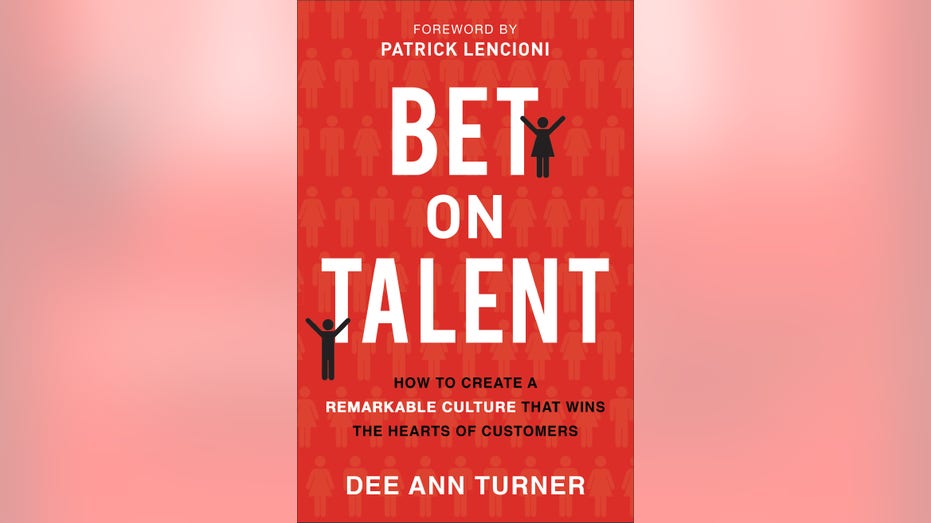Dee Ann Turner: How well-intentioned rules can create a toxic workplace
Here’s what I quickly learned early in my career: a remarkable culture flourishes when the leaders are committed to the selection of talent that operates and thrives working under principles instead of rules.
Toxic cultures are managed by bad bosses enforcing rules. A hallmark of toxic cultures is the unjust enforcement of rules, which contributes to low morale and disengagement. Remarkable cultures are led by effective leaders who apply principles.
Haven’t we all seen the hallmarks of a rule-dominated organization? We know them because of how many signs we see posted in those environments.
Rules can be useful to set the boundaries to complete tasks and projects and provide guidelines. Yet having too many rules greatly reduces creativity, innovation, morale, and motivation and eventually kills productivity. When rules are set forth and enforced, employees begin to think their employer does not believe they have the ability to use their own judgment and reason.
Managers who attempt to lead by rules they create may have the best of intentions. The rules may be based on ideals. But because of the way in which adherence to the rules often manifests itself, the result is the same: toxicity.
Rules can be useful to set the boundaries to complete tasks and projects and provide guidelines. Yet having too many rules greatly reduces creativity, innovation, morale and motivation and eventually kills productivity.
When rules are set forth and enforced, employees begin to think their employer does not believe they have the ability to use their own judgment and reason. Team members become less motivated to do a job because they believe their boss expects them to make the wrong choice or decision when faced with an issue or a problem.

When employees lack the ability to innovate or, because someone else decides everything for them, they begin to take less ownership for their jobs. In a toxic environment, the energy and resources that could be used to strengthen and grow the culture are instead constrained by the burden of rules and the fear of “getting in trouble.”
Productivity slows down as people worry about breaking the rules rather than enhancing the processes and procedures.
Eventually, customers and clients will also experience the toxicity of the organization. The rules and the culture they encourage will spill out and over into the interactions with customers.

Employees will hesitate to go above and beyond to serve the needs of customers for fear of breaking the rules. Customers will react to the rigidity of service and realize the excessive number of rules creates undesirable procedures that make the experience unpleasant.
Employees serving customers will create unnecessary conflicts to stay inside the boundaries of the rules. Customers care about service, and unless the rules are related to safety, are not concerned about an organization’s internal rules. Yet creating excessive rules remains too great a temptation for many organizations …
Are expense reports out of control? It’s easy to lay down the law and create detailed guidelines. It’s much more difficult and requires creativity to craft a message that communicates the core value of stewardship when shopping for the best values in airline flights, hotels and rental cars.
There is certainly a place for rules. When managing money, we all want our accountants to correctly prepare the books and the tax returns. When preparing food, we expect that employees follow the preparation requirements to keep the food safe. For a community to be safe, we want its citizens to abide by the laws.
GET FOX BUSINESS ON THE GO BY CLICKING HERE
Culture is most healthy when there is a balance between rules and principles. Require and enforce rules when absolutely necessary, but when judgment can be exercised, allow for the application of principles. Compliant cultures are smothered by rules. Committed cultures are cultivated with principles.
Excerpted from from Dee Ann Turner's, "Bet on Talent: How to Create a Remarkable Culture That Wins the Hearts of Customers," published by Baker Books, a division of Baker Publishing Group on September 3, 2019. Used by permission.




















